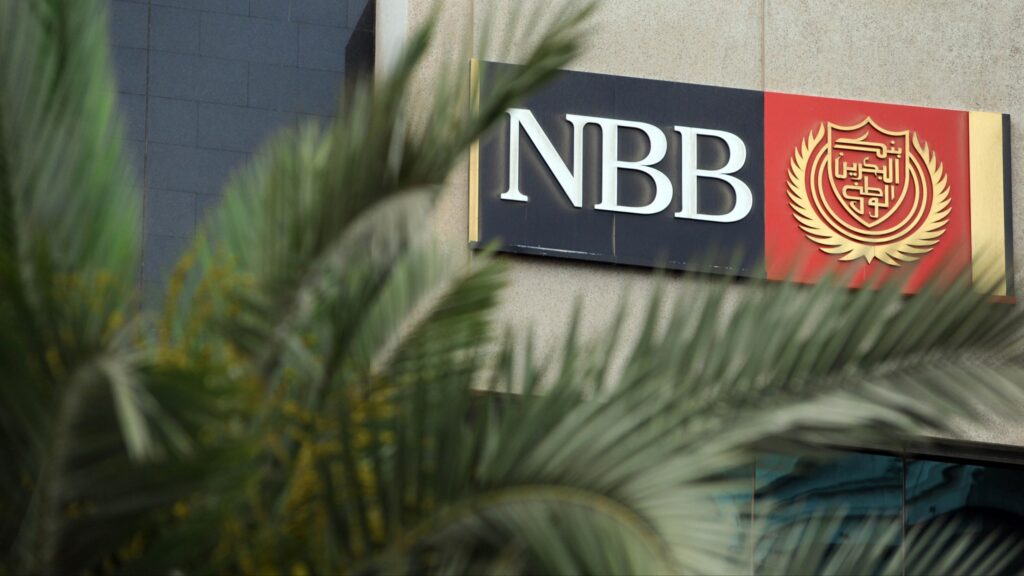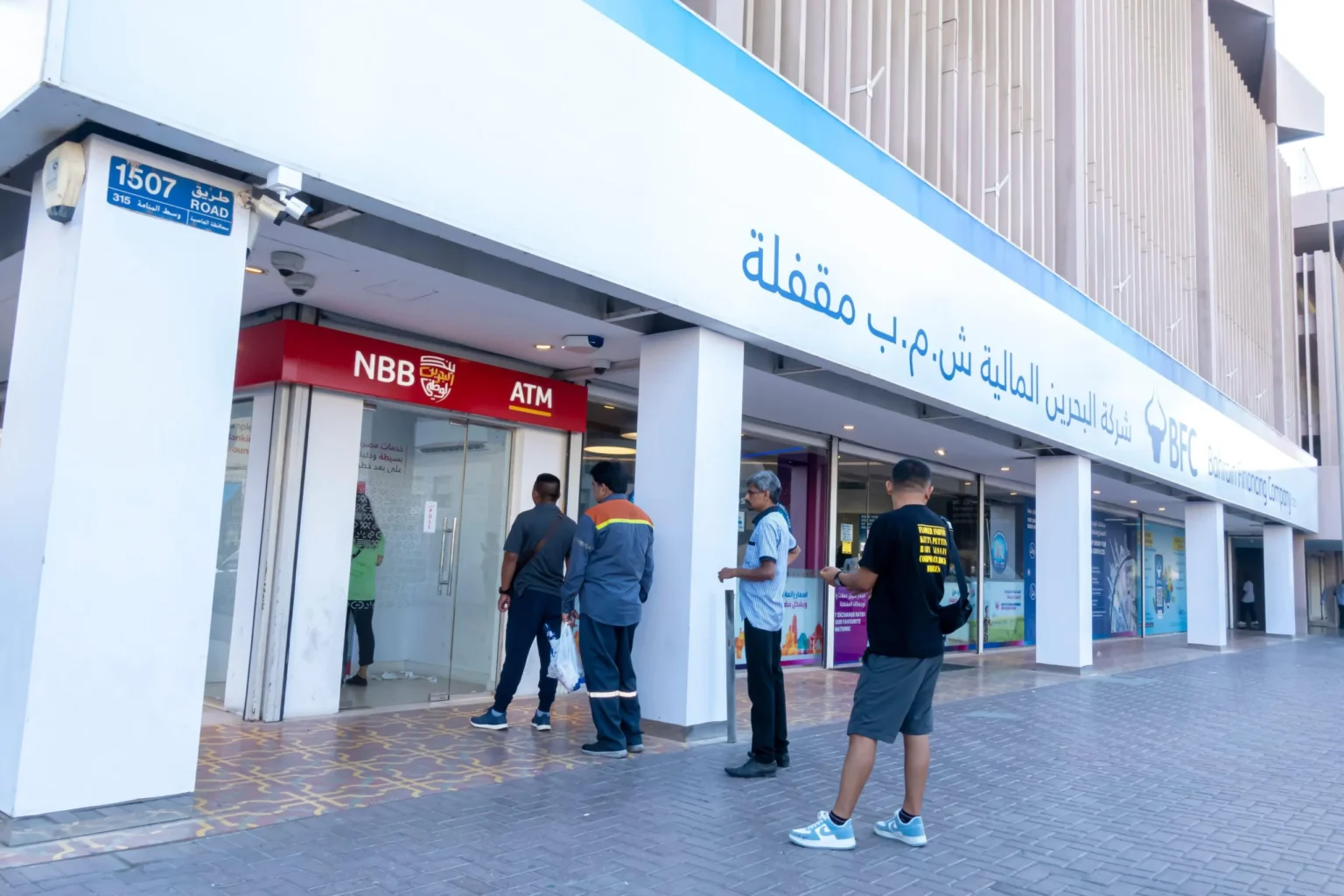Bahrain’s banking sector is undergoing a significant transformation as major banks pursue mergers and acquisitions to strengthen their market position. These strategic moves are expected to enhance financial stability and competitiveness within the Gulf Cooperation Council (GCC). Consolidation in the banking industry is not a new trend in the region, but Bahrain’s latest developments indicate a well-planned effort to create larger, more resilient financial institutions that can effectively navigate economic challenges and growth opportunities.
NBB and BBK Merger: A National Champion in the Making
One of the most significant mergers in Bahrain’s financial history is the proposed consolidation of the National Bank of Bahrain (NBB) and the Bank of Bahrain and Kuwait (BBK). This merger, expected to be completed by 2025, aims to create one of the most robust banking institutions in the kingdom. Both banks have played an essential role in Bahrain’s financial sector for decades, contributing to economic development and financial inclusion.
NBB, established in 1957, and BBK, founded in 1971, have built strong reputations in the industry. As of the end of 2023, NBB reported equity of $1.5 billion, while BBK’s equity stood at $1.7 billion. Their combined customer deposits reached approximately $15.1 billion, reflecting a significant market presence. The merger will create a powerhouse capable of competing with regional giants while improving operational efficiency and customer service.

The CEO of NBB, Usman Ahmed, expressed confidence in the merger’s timeline, emphasizing the importance of a smooth transition that benefits shareholders, customers, and employees. The combined entity is expected to leverage its increased scale to offer better financial products, invest in digital banking innovations, and enhance its role in corporate and retail banking.
HSBC’s Strategic Exit and BBK’s Expansion
In a parallel development, HSBC has decided to exit the Bahraini retail banking sector by selling its retail operations to BBK. This strategic move aligns with HSBC’s global restructuring strategy, which focuses on streamlining operations and concentrating on key markets. The transaction includes the transfer of retail loans, deposits, and approximately 76,000 customer accounts.
For BBK, this acquisition represents a significant expansion of its retail banking footprint. The bank sees this as an opportunity to strengthen its presence in the market and improve customer outreach. BBK has assured customers that the transition will be smooth, with minimal disruption to banking services. The move is expected to enhance BBK’s position as a leading player in Bahrain’s retail banking segment, further cementing its growth strategy.
The Need for Banking Consolidation in Bahrain
Bahrain’s banking sector is characterized by a high density of financial institutions relative to its population of 1.5 million people. With 29 retail banks operating in the kingdom, competition is fierce, often leading to pressure on profitability and operational inefficiencies. The consolidation of banks is viewed as a strategic approach to creating larger, more competitive entities that can offer better financial products, drive innovation, and improve overall customer experiences.
Across the GCC, similar trends have been observed as countries aim to build stronger financial institutions. The objective is to ensure that banks have the scale and capacity to support large-scale economic projects, infrastructure development, and cross-border investments. By merging, Bahraini banks can achieve better financial stability and operational efficiency while positioning themselves as key players in regional and global markets.
Benefits of Bank Mergers in Bahrain
The ongoing mergers and acquisitions within Bahrain’s banking sector are expected to bring numerous advantages, including:
1. Enhanced Competitiveness
Larger banks formed through mergers will have greater resources to invest in technology, talent acquisition, and product development. This will enable them to compete more effectively, not only within Bahrain but also in the broader GCC market.
2. Operational Efficiency
Bank mergers help eliminate redundancies in operations, branch networks, and administrative structures. This leads to cost savings, improved service delivery, and a more streamlined banking experience for customers.
3. Strengthened Financial Stability
A well-capitalized, larger banking entity is more resilient to economic downturns and external shocks. This stability benefits customers, investors, and the broader financial system, reducing risks associated with smaller, fragmented banks struggling to compete.
4. Greater Investment in Digital Banking
With increased financial strength, merged banks can focus more on digital transformation. Investments in online banking, mobile apps, artificial intelligence, and fintech partnerships will enhance customer experience and drive financial inclusion.
5. Improved Corporate and Retail Banking Services
Mergers create stronger banking institutions capable of offering a wider range of financial products, better credit terms, and personalized banking services. This benefits both corporate clients and retail customers looking for improved financial solutions.
Challenges and Considerations
While bank mergers present numerous opportunities, they also come with challenges. Some of the key issues include:
1. Integration of Systems and Cultures
Merging banks must ensure seamless integration of their IT systems, corporate cultures, and operational processes. Differences in organizational structures and work cultures can lead to inefficiencies if not managed properly.
2. Retaining Talent
Mergers often lead to restructuring, which can result in workforce reductions. Retaining top talent while managing redundancies is a critical aspect that banks must address.
3. Customer Experience During Transition
Customers may experience disruptions during the transition period, including changes in account numbers, branch closures, or updates to digital banking platforms. Clear communication and support mechanisms are essential to maintaining customer trust and satisfaction.
4. Regulatory and Compliance Challenges
Mergers must meet regulatory approval and compliance requirements set by the Central Bank of Bahrain and other financial authorities. Ensuring that all legal and operational aspects are addressed is a crucial step in completing these transactions successfully.
Future Outlook

The consolidation of Bahrain’s banking sector signals a transformative phase for the industry. With the successful execution of these mergers, Bahrain’s banking landscape will be more competitive, resilient, and well-equipped to support the nation’s economic growth initiatives. The formation of stronger financial institutions will help drive investments, foster innovation, and improve financial inclusion.
As Bahrain continues to position itself as a leading financial hub in the region, the banking sector’s transformation will play a key role in attracting foreign investment and supporting the country’s long-term economic goals. The ongoing mergers are not just a response to market conditions but a strategic move to ensure the sustainability and strength of Bahrain’s financial sector in the years to come.
In conclusion, Bahrain’s recent bank mergers mark a significant step toward creating a more robust, competitive, and future-ready financial sector. While challenges remain, the benefits of these mergers far outweigh the risks, setting the stage for a stronger and more resilient banking industry in the kingdom and the wider GCC region.



